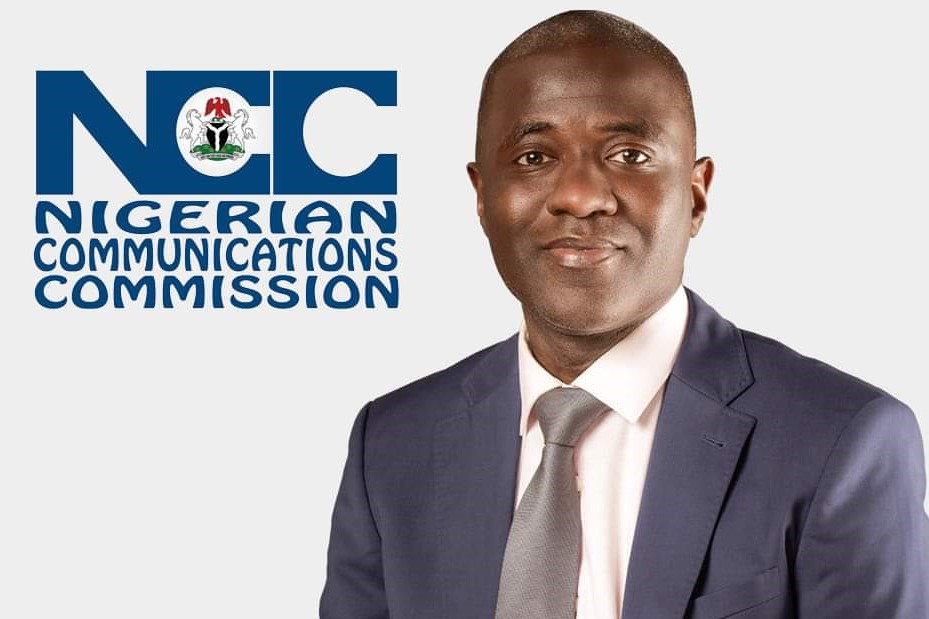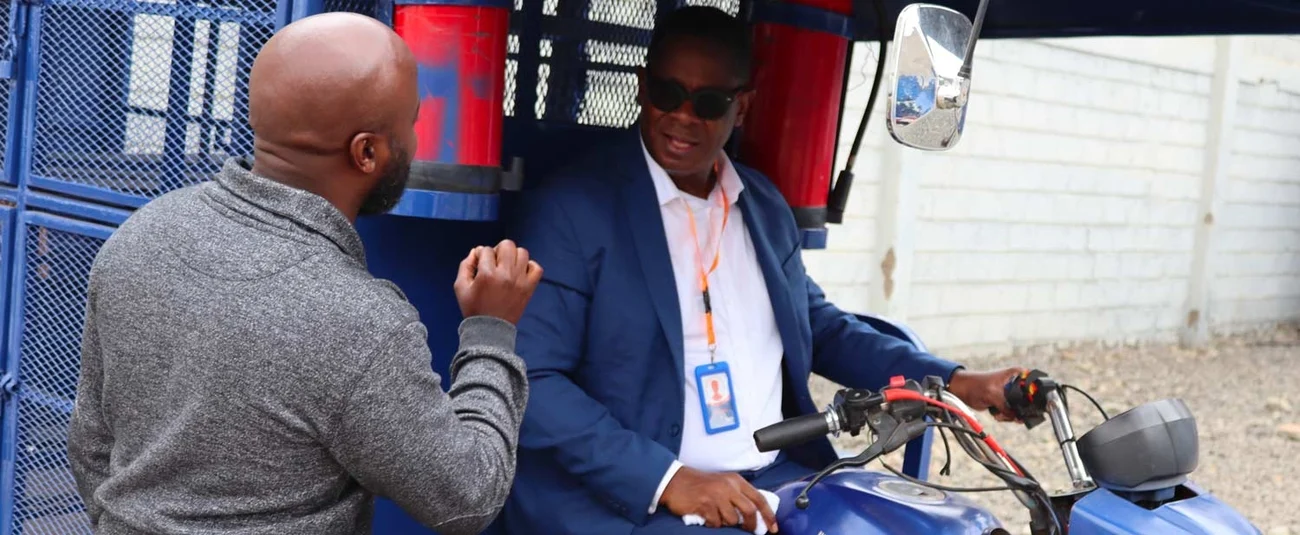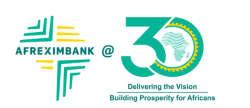The sprawling informal settlement of Mukuru on the outskirts of Nairobi holds powerful tales of how an innovative gas energy company is providing clean cooking solutions and restoring dignity to households in the Kenyan capital.
Aurelia Aureh, now boasts of smoke-free cooking, following years of using charcoal, which poses a health hazard because of the emission of potent fumes. She uses M-Gas(link is external), for low- income households, which employs a pay-as-you-cook model, allowing them to access the commodity in small amounts.
“Before I used to cook outside with charcoal, which was very expensive. I would spend about Ksh50 (about $0.38) on charcoal for any one cooking episode,” she said. Now she spends less than half that amount with less hassle and all the benefits.
Aurelia is elated at the convenience that comes with using M-Gas. “I do not have to go to the gas vendor looking for the gas when it runs out, as M-Gas monitors my usage and replaces my gas before it runs out. I simply continue to pay for my immediate cooking needs from where I am (using M-Pesa mobile money). In addition, it is safe. I don’t have to worry about my children playing with it because it has tight security features.”
VP Quaynor interacts with Aurelia Aureh, a resident of Mukuru, who uses the MGas clean cooking innovation.
M-Gas provides affordable clean cooking gas for low-income households in Kenya. Initiated in 2019, M-Gas uses smart meter technology to enable users to access liquid petroleum gas (LPG) in quantities they can afford for the moment, for even as low as Ksh10 (about $0.077), payable using mobile money. The technology simplifies LPG access for consumers who cannot afford the upfront cost of gas and LPG cylinders, thus addressing the highcost- barrier of switching to and purchasing LPG.
This caught the attention of the African Development Bank’s Vice President for Private Sector, Infrastructure and Industrialisation, Solomon Quaynor, who was in Nairobi at the end of July 2024 to explore opportunities for collaboration in the country’s clean cooking sector.
He met with Martin Kimani, the CEO of M-Gas. They discussed priority areas of partnership towards advancing Africa’s energy transition. He also met with Circle Gas, the parent company of M-Gas. In particular, Board Chairman Carey Ngini, and Board member Michael Joseph. Circle Gas has strategic partnerships with institutional partners, including Safaricom (connectivity and M-Pesa payment solutions), and Total Energies (LPG cooking cylinders).
Mercy Karimi, another Mukuru resident, tells how before using M-Gas, her three-year-old daughter often got chest infections and breathing problems because of the dangerous fumes from kerosene, which she used for cooking. “But since I started using M-Gas, my child no longer has that problem, and can stay for a long time before visiting the hospital,” she said.
Clean cooking is one of the Bank’s priority areas. In May this year, the Bank pledged $2 billion over 10 years towards clean cooking solutions in Africa—a move toward saving the lives of 600,000 mainly women and children, lost annually from the effects of secondary smoke from partial combustion of biomass, fuel wood and charcoal.
Despite improved access to electricity in recent years, there is little progress to adopt clean cooking, with around a billion people across Africa still cooking over open fires and basic stoves. Using charcoal, wood, agricultural waste, and animal dung as fuel affects the lives of millions of people – mostly women and children – as they inhale toxic fumes and smoke while cooking.
Quaynor also toured the M-Gas depot in Ruaka, a suburb located north-west of Nairobi. Here, he was taken through the paces of how the smart metered innovation works. He interacted with households and even business owners, to seek their views on the M-Gas innovation.
Stephen Njogu, a resident of Ruaka, has been using M-Gas for two years now.
“This system is cheaper because I can buy gas even with the little money I have, compared to the normal gas for which I have to buy the whole cylinder of gas. Secondly, M-Gas is clean, no smoke while cooking, unlike before when I used kerosene, which would emit dangerous smoke,” he said.
Faith Kamau, who runs a small local eatery in Ruaka is another supporter. She is now, able to serve her customers without the fear of gas running out unexpectedly. “I am able to cook many dishes using little energy. I have been able to save some money, which I have diverted to buying more food stock. Besides, in case of any problem with the cooking system, I alert the M-Gas Customer Experience Centre, which responds very fast with advice on how to deal with the problem. I like M-Gas solution so much that I also have it at home”.
According to Quaynor, such experiences are inspiring the Bank to intensify efforts to increase investments towards affordable clean cooking solutions for millions of Africans who still lack access. “The Bank is working with the private sector, a key player in the energy transition, to catalyze investments in the sector to address energy poverty in line with Sustainable Development Goal 7 (SDG7) on affordable, reliable, sustainable and modern energy for all,” he emphasised.
The Bank’s pledge of $200 million per year represents an important contribution to the $4 billion per year needed to allow more African families to have access to clean cooking by 2030.





